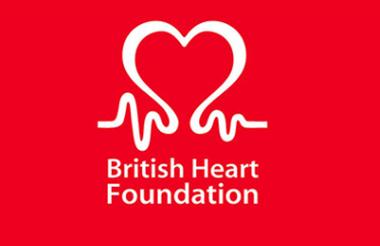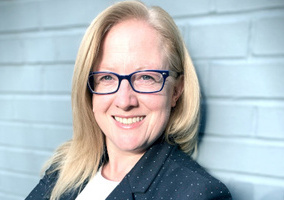British Heart Foundation (BHF) has introduced measures to remove chances of unconscious bias in its recruitment.
The charity is introducing an interactive interview builder tool as well as best practice guidance in an effort to minimise bias and support its managers to create structured interviews.
Maggie Morgan-Valentine, head of equality, diversity and inclusion (EDI) at BHF, told Civil Society that the new tool works by examining the person specification and job description for a role and pulling out the key characteristics necessary.
“It will then suggest questions that will really help you to get to those objective measures around that particular role,” she said.
From April, BHF will also be extending its paternity leave offer to 12 weeks of full pay. Previously, it offered to “top up” two weeks of statutory paternity leave to full pay for new fathers.
Morgan-Valentine said this change was inspired by the charity’s staff network of parents and guardians.
‘Reduce the influence of bias’
Morgan-Valentine said some job descriptions ask for qualifications that might not be necessary to do the role.
“It’s really about trying to think about the right questions that you should be asking,” she said.
“Just generally in society, we might well tend to ask for more than we actually really need to do a particular job.”
Morgan-Valentine said debiasing the charity’s interview processes was a continual journey.
“Interviews are about selecting the most suitable candidate for a role. However, it is not always clear what makes a candidate ‘suitable’, and there is potential for unconscious bias to creep in when making these decisions,” she said.
“Unchecked, unconscious bias can result in a narrow pool of candidates being hired and promoted.
“The BHF feels increasing awareness of the biases that affect recruitment is helpful, but not enough to mitigate their impact.
“So, by designing structured interviews with robust evaluation criteria, we can reduce the influence of bias and find the best candidates based on objective requirements for success in each role.
“We also hope this means applicants will receive a consistent interview experience.”
Staff networks
BHF published its EDI strategy in May 2022, and appointed Morgan-Valentine as its first head of EDI four months later.
Before her appointment, the charity had already begun using anonymous CVs during its recruitment and had eight employee networks called affinity groups.
This has risen to nine under Morgan-Valentine’s tenure. The groups include networks for Black colleagues, working parents and guardians, the LGBTQ+ community and people with disabilities.
“The [affinity groups] are a real opportunity to glean from the experience of our colleagues and make sure that what we’re intending in terms of our processes, is having the impact that we would want to have,” she said.
“If there’s a project that you’re implementing, but you’re unaware of the unintended impact it can have on certain communities, our groups are an amazing way of us being able to recognise unintended impact and do things differently.”
‘EDI will help charities achieve their end goal’
Morgan-Valentine has a background in discrimination law and over 20 years of experience in the EDI sector.
“I have experience both of making discrimination claims and defending people against claims, and I thought: ‘You know what, no one wins.’
“I really want to do something proactive. So, that’s how I got involved in EDI.”
She said charities must tackle the barriers that people face entering employment if they are to support them as much as necessary.
“If we hire someone who is disabled and they are able to get the role, but we aren’t actually giving them the support that they need to do the job, which might well be the changing of hours or a particular type of software, then are we enabling them to demonstrate their potential?” she said.
Morgan-Valentine also said certain groups are more likely to suffer from heart conditions.
“I think it’s incredibly important that EDI is something that charities consider, because I think it actually is a means for those charities to really achieve their end goals as efficiently as possible,” she said.












